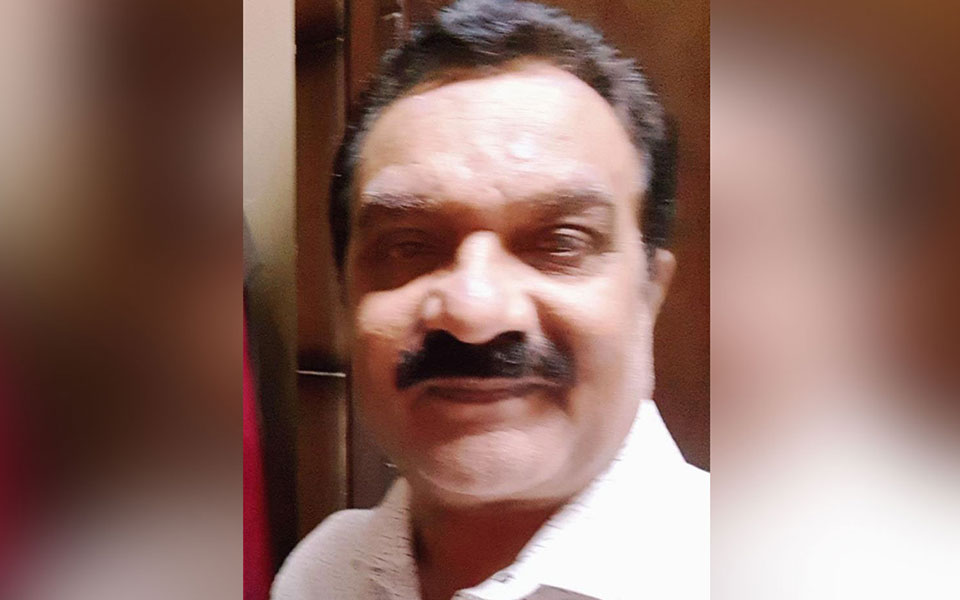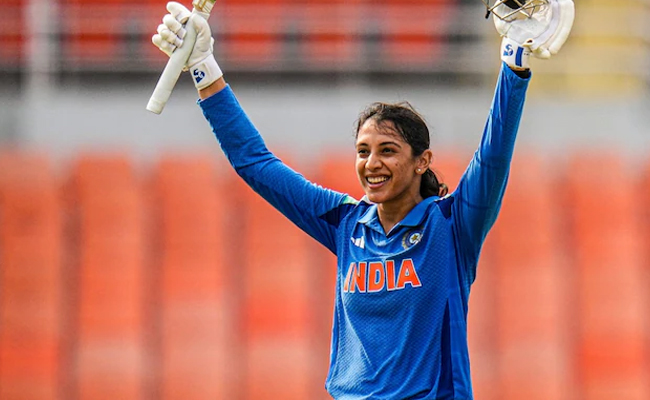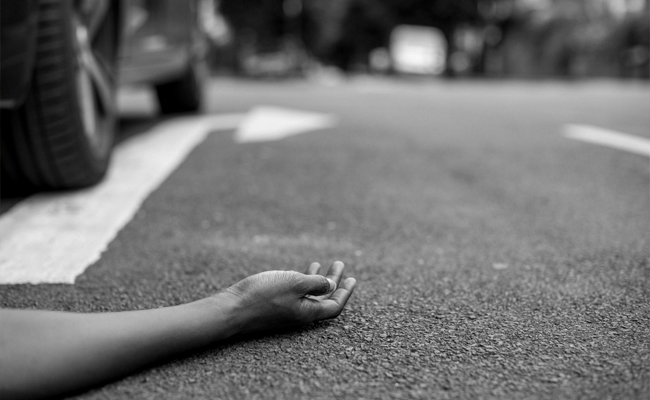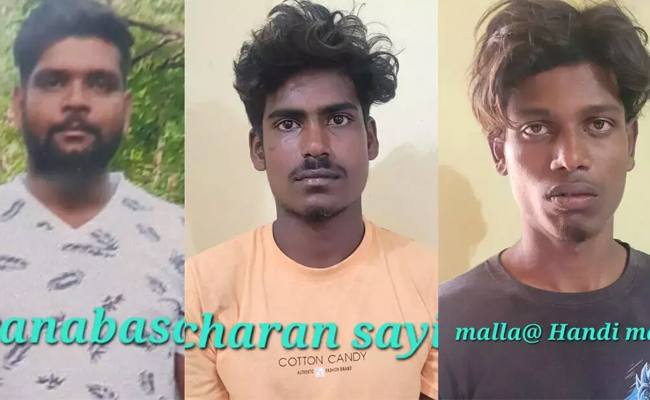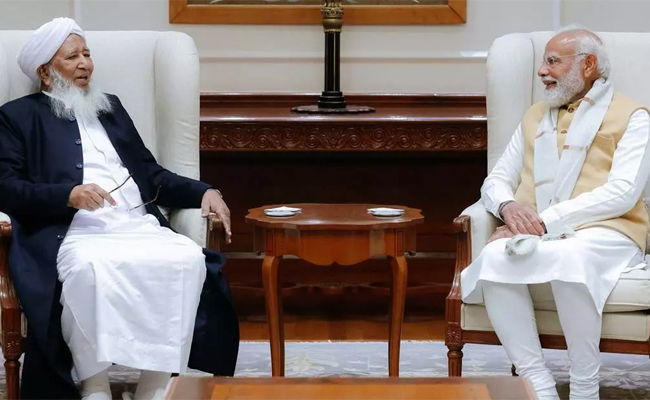In the hot summer of Saudi Arabia back in 1985, I had landed in Riyadh during the month of May. Being away from my family for the first time onto a strange land far away was really worrying. The very next day an unknown group of Mangaloreans visited us at our camp which was far away from Riyadh city. A charming youngster was talking to everyone as if he knew them well. That was Abdul Khader. His confident smile made us feel that we have someone who cares for us. Others in the team were, Br Parvez Ali, Br Muhammad Belchar, Br Shamshuddin Mulki, Br Ahmed Padubidri and a few others. This team used to visit if any one lands in the region, to inquire about their wellbeing and to know about any difficulties people face and if they needed any assistance. In those days in Saudi Arabia, finding people from Mangalore wasn’t common, especially to seek help or assistance. Br Abdul Khader’s concern of "we do care for them as our own" really connected everyone to him.
Ever since that first visit, I had been in constant touch with him, almost on a daily basis. I would visit him at his office at King Faisal Foundation, which was the grievance reporting center during those days. He was a single man social organisation in those days when social organisations hardly existed. We used to gather on weekends at Euromarche, visit the Alkharj garden, travel together for Umrah, and these engagements made us feel like family. We used to visit RAKA camp in Dammam, and a couple of camps in Jubail and Jeddah. Sometimes I feel like during those days we were far better connected, through merely landline phones, than most are today with mobile phones and multiple social media apps.
A few years later, we started staying together at Hara, at a rented apartment (although we had our company accommodation) and this apartment was a shelter for many. Br Abdul Khader was well known as 'Emirates Khader', a name he got due to his earlier tenure in Dammam.
Many used to approach him for various reasons and mostly with issues related to conversation with their sponsors, Iqama issues, salary issues, lack of proper food, lack of bare minimum facilities, transfer of sponsorships, postal address to receive letters from home, coins to call home from telephone booth, travelling letter for umrah and other cities within Saudi Arabia to meet relatives, Chamber of commerce attestations, to transfer money back home, to get treatments at govt hospitals (there were no low budget Indian clinics during those days), to trace missing sponsor (literally needed to travel to lots of surrounding villages to trace without any proper contact numbers). His command on conversational Arabic has really helped thousands of people to communicate on various occasions. His undying confidence, strong communication skills and more importantly his time, was all well utilized to help others, going to any extent, anywhere, to help people. This beautiful character of his earned him the title of a brother in a strange land.
He may not be very rich financially, but was always there to REACH out to those who needed help. He went through lots of hardships and struggled in the later part of his life.
Gulf is a region where lakhs of youngsters from our region have sacrificed their youth, staying there for 30 to 40 years to support their families, be it getting their sisters married or to feed their families back home. They may smell good during their vacations, but the fact remains that they have squeezed their sweat in the hot deserts without proper food or facilities during those days. These days, most of them are back home after losing their jobs, most with zero bank balances even after working hard throughout their life. The consoling factor is that some of their educated children have replaced them in the Gulf.
The present generation may not know him very well but people living in Saudi Arabia during the 80s and 90s know him very well for his service of REACHING OUT THE DESERVING. In 1979 He started when he was in Governer's office and when he shifted to Riyadh in 1983 and then 2005 he moved to eastern province. Almost 40 years of relentless service he gave to deserving ones. I used to discuss with him whenever I was free at his KFF office about the overall development of the community. We really Brainstorm on what need to be done for empowerment to make really a respectful community. During those days though we hardly had wealthy individuals from our community, there was no jealousy, no rat race and no competition. Instead we enjoyed supporting each other, irrespective of our level of income, which also included many of our brothers who earned very little salaries.
Today , we have more multiple social organizations and hundreds of wealthy individuals. Much more funds are raised but somehow we lack strong coordination and support. Rather , we notice a keen struggle for fame, power and leadership. Factors such as Ego, Arrogance and blame games are rampant. Almost all places of worship are point of conflict, organisation has leadership conflicts and business establishments lack honesty, mutual trust and collaborative efforts.
My opinion is that during those days, with small earnings, people made better investments, but today, with far more resources, we collectively lack the vision for smart and long term investments for the betterment of the community, which is what will in fact benefit us in the hereafter. We are thinking of strong long term investments for our kith and kin but not so much for the community at large.
Let the Truth be known. If you read VB and like VB, please be a VB Supporter and Help us deliver the Truth to one and all.
New Delhi (PTI): Star batter Smriti Mandhana, who played a pivotal role in India's historic 2025 Women's World Cup triumph, was named the BBC Indian Sportswoman of the Year for 2025 at a glittering function here on Monday.
Chess prodigy Divya Deshmukh won the Emerging Player of the Year award, for her historic FIDE Women's World Cup triumph at just 20.
Preethi Pal was named the Para-Sportswoman of the Year, for winning two bronze medals at the 2024 Paris Paralympics in track and field, while Anjali Bhagwat was honoured with the Lifetime Achievement Award, recognising her pioneering career as India's first woman shooter to reach an Olympic final and her trailblazing success on the world stage.
Mandhana, who is currently touring Australia with the Indian team for multi-format bilateral assignments, said in a video message: "Thank you BBC for giving me the awardfor Best Sportswoman of the Year. 2025 was a special year for women's cricket, especiallytowards the end we had a World Cup and I'm happy I could contribute and help India win matches.".
At 29, the left-handed batter is already among the game's greats, with the second-highest number of centuries in women's One Day Internationals and ranking third in total runsscored among current players worldwide.
Hailing from Sangli city in Maharashtra, the affable Mandhana was inspired by her father and brother, both of whom played cricket at the district level.
In September last year, she made a 50-ball hundred against Australia – the fastest 50 over international ton (men and women) by an Indian in the format, breaking Virat Kohli's record.
The award winners were decided by a distinguished grand jury comprising Leander Paes, Deepa Malik, and Anju Bobby George.
Praising the athletes' achievements CEO of BBC News, Jonathan Munro said: "Congratulations to this year's winners who showcase the very best in sporting excellence. The BBC World Service is committed to bringing such stories of human endeavour and outstanding success to audiences across India and around the world.".
Additionally, the ceremony also celebrated a wide spectrum of talent and impact, recognizing star performers and changemakers for redefining the landscape of Indian sport.
BBC Star Performers of the Year 202.
• Indian Women's Cricket Team: for their historic World Cup victory.
• Ekta Bhyan, Deepthi Jeevanji and Preethi Pal: for their trailblazing performances at the World Para Athletics Championship.
• Indian Women's Cricket Team for the Blind: for their inspiring World Cup victory.
• Indian Women's Kabaddi Team: for their smashing victory in World Cup.
.
BBC Changemakers of the Year 202.
• Indian Women's Ice Hockey Team: for breaking barriers in a non-traditional sport.
• Rajbir Kaur: Indian field hockey player and former captain of the women’s national team.
• Savita Punia: Indian field hockey player and current member of the national team.
• Paani Devi: recognised for her impactful contribution to grassroots sport.

